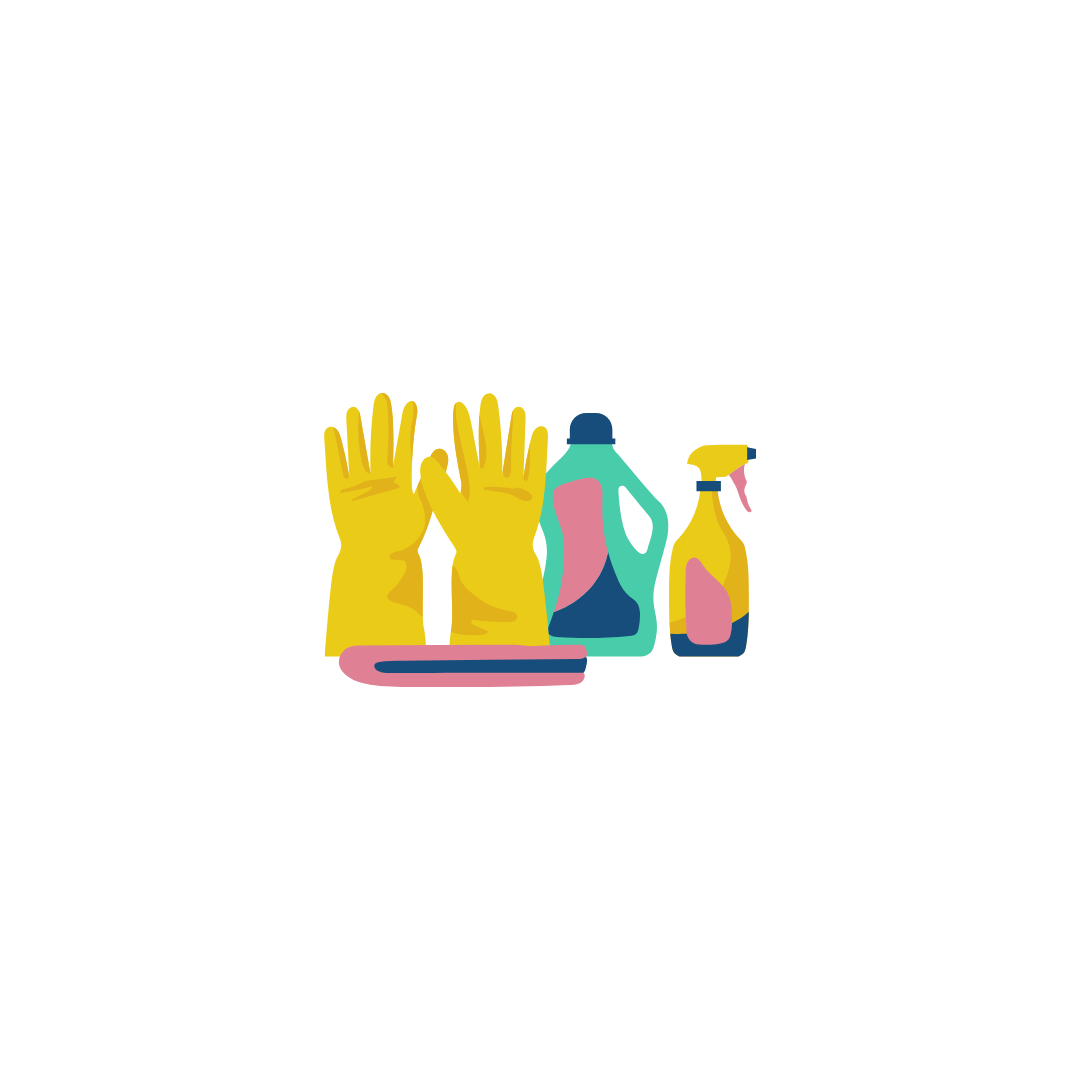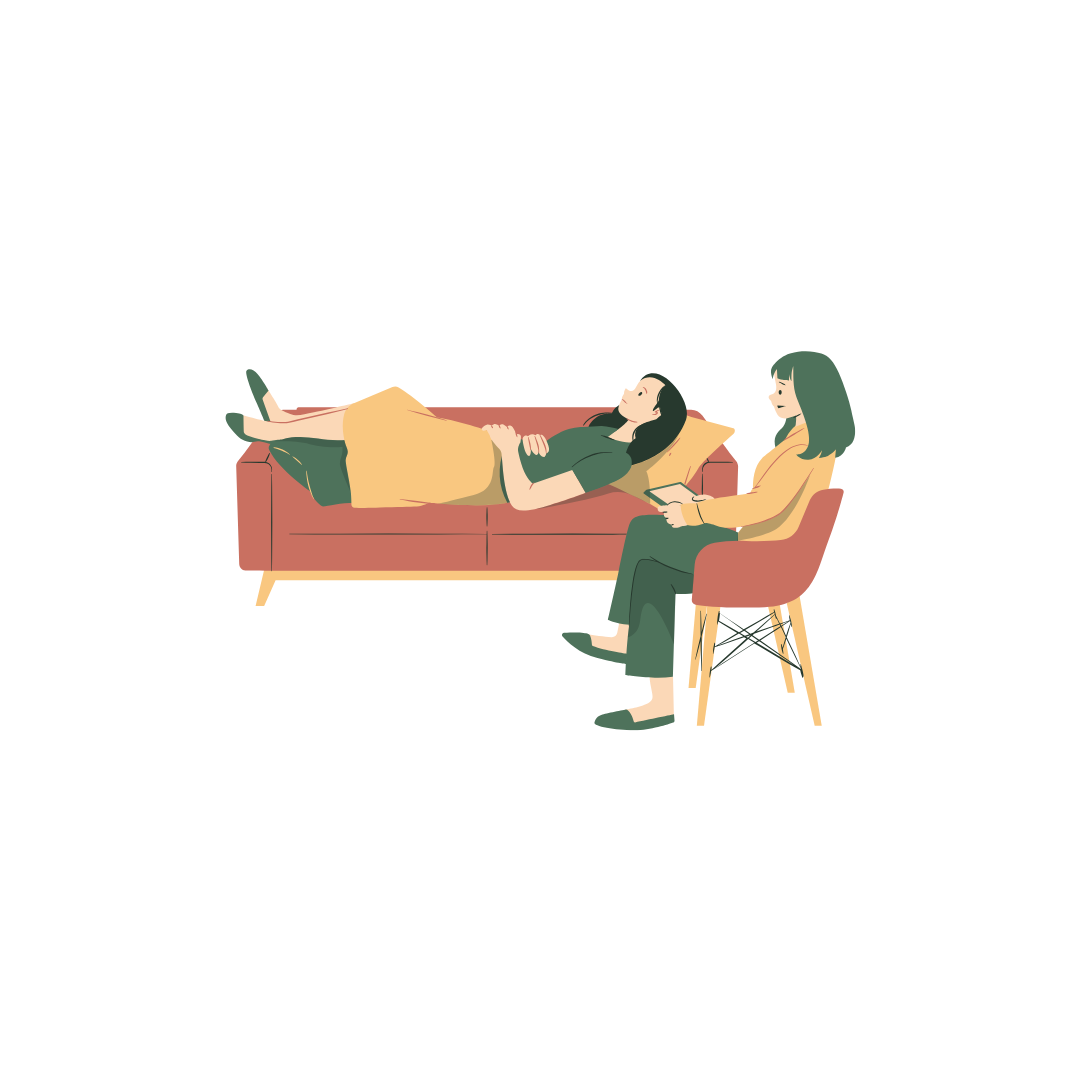Living With OCD: A Personal Story About Themes, Obsession, and Hope
Introduction
This post isn’t a clinical guide. I’m not a therapist. I’m just someone who has lived with Obsessive-Compulsive Disorder for years, and I want to talk openly about what it’s really like, especially the themes that come with it, how they change, and how, slowly, I’ve learned to live with them.
What OCD Actually Feels Like
At its core, OCD is about doubt, and a need for certainty that never comes. It’s the brain latching onto a thought and saying, What if this is true? What if you’re dangerous? What if you’re bad? What if something terrible happens and it’s your fault?
These are called intrusive thoughts—unwanted, disturbing, and often completely out of character. The compulsions are the things you do to try to neutralize the fear: mental rituals, checking, seeking reassurance, avoiding triggers, or performing actions until it “feels right.”
When I first began experiencing OCD, I didn’t even realize it was OCD. My thoughts were about harming others—violent images that made me question who I was. I couldn’t understand why I was thinking these things. I would go over every memory in my mind, replaying moments from my day, checking to make sure I hadn’t hurt anyone or said something awful.
It was exhausting, and it made me feel like I was going crazy.
The Shape-Shifting Nature of OCD Themes
One of the most painful aspects of OCD is that it changes. You might conquer one fear, and suddenly another rises up in its place. This phenomenon is often called the “whack-a-mole” effect.
For me, the themes have varied over time:
Harm OCD: Terrifying fears that I might hurt someone, even though I’ve never been violent.
Sexual Orientation OCD: Repetitive doubts about my sexuality—constant checking, analyzing my reactions, worrying I was lying to myself or others.
Relationship OCD (ROCD): Obsessing over whether I truly loved my partner, constantly scanning for feelings, comparing, doubting.
Existential OCD: Spirals about the meaning of life, consciousness, free will. Terrifying in their own right.
Religious or Scrupulosity OCD: Fears of offending God, or being “bad” in some moral or spiritual way.
Every theme felt equally real at the time. I’ve cried over these obsessions. Lost sleep. Avoided people. Googled for hours looking for certainty. Asked the same questions over and over to people close to me. “Are you sure I didn’t offend that person?” “Do you think I’m a good person?” “Would a bad person worry this much?”
The relief never lasted. The mind always finds a loophole.
OCD vs. Who I Am
One of the most difficult things to grasp was that OCD attacks what you care about most. It doesn’t go for things you don’t value—it goes straight for the heart. Your morals. Your relationships. Your identity.
That’s why it hurts so much. OCD doesn’t feel like OCD. It feels like you.
This is something I wish more people understood. I’ve had thoughts that made me question whether I was a monster, a fraud, or a liar. But over time, through therapy (specifically Exposure and Response Prevention, or ERP), I’ve learned something life-changing: a thought is not a fact. And more than that: you are not your thoughts.
This sounds simple. It’s not. It took years of internal work and support to start believing that I could sit with uncertainty, that I could have a scary thought and not do anything about it. Just let it be. Let the storm pass.
The Role of Compulsions
Most people think of compulsions as external—hand-washing, flipping light switches. But the most insidious compulsions are internal.
For me, compulsions looked like:
Replaying conversations in my head to check I didn’t say something wrong
Googling the meanings of intrusive thoughts
Reading forum posts to see if anyone else had “the same kind of OCD”
Mentally checking for a reaction to images or thoughts (“Did I like that? Oh no.”)
Repeating phrases or prayers in my head to feel “safe”
The more I did these things, the more powerful the OCD became. I didn’t know it then, but I was feeding the monster. Each time I checked, I reinforced the idea that the thought was dangerous and had to be neutralized.
The Turning Point: Getting Help
I wish I could say I figured it all out on my own, but I didn’t. It was therapy, specifically with someone trained in OCD and ERP, that made the difference.
The first time I told a therapist my intrusive thoughts, I was shaking. I was so sure she’d look at me with horror. Instead, she nodded calmly and said, “That sounds like OCD.”
She wasn’t shocked. She didn’t think I was dangerous. She understood.
That moment changed everything.
ERP taught me to face my fears without doing compulsions. It’s uncomfortable, terrifying even. But over time, it rewired my brain. Thoughts that once made me panic now barely register. I can see them for what they are: noise.
Learning to Live With Uncertainty
The core skill in OCD recovery isn’t “getting rid of the thoughts.” It’s learning to live with uncertainty.
The truth is, none of us have 100% certainty about anything. The OCD brain just demands it more loudly.
I’ve had to learn to live with the possibility that:
Maybe I offended someone.
Maybe I’ll never be 100% sure of who I am.
Maybe I’m not a perfect partner.
Maybe my worst fear could happen.
But so what?
It’s uncomfortable, yes. But the more I live my life alongside uncertainty, the smaller the OCD voice becomes. I’ve stopped treating it like an emergency. I’ve started treating it like a smoke alarm that goes off when you make toast—loud, annoying, but ultimately harmless.
Advice to Anyone Struggling
If you’re reading this and you’re in the thick of it, terrified by your thoughts, ashamed, and lost, I want to speak directly to you:
You are not your thoughts. You are not broken. You are not alone.
OCD is treatable. Not curable in the traditional sense, at least not yet, but it’s manageable. You can learn to live a full, joyful, meaningful life with OCD in the background. Like a bad radio station you eventually tune out.
Please, please don’t stay silent. Reach out to a therapist who specializes in OCD and ERP. Be honest about your thoughts. I promise you’re not the first person to have them. OCD can be convincing, but the lie it tells you is that you're alone and that your thoughts mean something about you. That’s not true.
What I’ve Gained Through OCD
As strange as it sounds, OCD has given me some unexpected gifts. It’s taught me about compassion—especially for others who are fighting invisible battles. It’s taught me about courage, the kind it takes to face your worst fears over and over again, and keep going anyway.
It’s made me more introspective, more curious, and ironically, more grounded in my values. The very fact that my intrusive thoughts bothered me so much was a reflection of what I cared about.
OCD has humbled me. It's brought me to my knees. But it’s also brought me to myself.
Where I Am Now
I won’t say I’m “cured.” I still get intrusive thoughts. OCD still tries to sneak in with a new fear now and then. But I don’t fight it the way I used to.
I acknowledge it. I name it. I don’t argue with it.
And then, I get on with my life.
I still go to therapy when I need to. I still do ERP exercises. I still choose, daily, to tolerate uncertainty. And in doing that, I’ve taken my life back—inch by inch.
There are days when it’s hard. But there are also days when I forget I have OCD at all.
That’s progress.
Resources That Helped Me
If you’re starting your journey, here are a few places and tools that were incredibly helpful for me:
Books:
The OCD Workbook by Bruce Hyman
Freedom from Obsessive Compulsive Disorder by Jonathan Grayson
The Mindfulness Workbook for OCD by Jon Hershfield and Tom Corboy
Websites:
IOCDF.org
NOCD
OCD UK
Apps:
NOCD
Worry Watch
CBT Thought Record Diary
Final Thoughts
I used to think I had to fix myself. Now, I realize I just needed to understand myself, and to stop running from fear.
OCD still knocks on the door sometimes, whispering new doubts. But I don’t open it with panic anymore. I let the knock echo. I keep living.
If you’re struggling, don’t give up. You’re not alone, and you’re not beyond help. There’s a life on the other side of OCD—messy, uncertain, beautiful.
And it’s worth fighting for.

